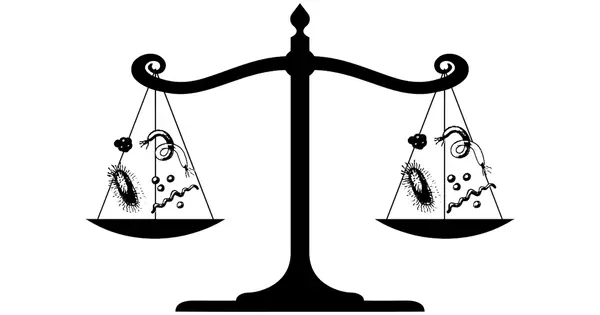Biological inequity, also known as biological inequality, is defined as “systematic, unfair, and avoidable stress-related biological differences that increase disease risk observed between social groups of a population.” Biological factors can have a significant impact on health outcomes, and certain populations may be predisposed to certain diseases or conditions due to genetic predispositions. Furthermore, access to healthcare services and advances in medical treatments can differ between groups, leading to health disparities.
Centric Lab’s term aims to unify societal factors with the biological underpinnings of health inequalities – the unfair and avoidable differences in health status and risks between social groups of a population – so that these inequalities can be investigated holistically.
However, it could be interpreted in a few ways:
- Health Disparities: It could refer to disparities in health outcomes between populations caused by genetic or biological factors. For example, genetic variations may predispose certain populations to certain diseases or conditions, contributing to health disparities.
- Access to Healthcare: It could also refer to disparities in biological resource access, such as healthcare. Some people or communities may have better access to medical services, treatments, or preventive measures than others, resulting in disparities in health outcomes based on socioeconomic or geographic factors.
- Environmental Injustice: It may also include environmental factors that have an impact on health. Certain communities may be exposed to environmental hazards disproportionately, such as pollution or toxins, resulting in biological differences in health outcomes.
Environmental factors, socioeconomic status, and systemic discrimination can all be linked to biological inequity. Individuals with lower socioeconomic status, for example, may face barriers to adequate healthcare, resulting in disparities in health outcomes.
Efforts to address biological inequity frequently include promoting equal access to healthcare, addressing social determinants of health, and advocating for policies that reduce health disparities among different populations. Some of the ways society works to address these issues are public health initiatives, medical research, and healthcare policy reforms.
















